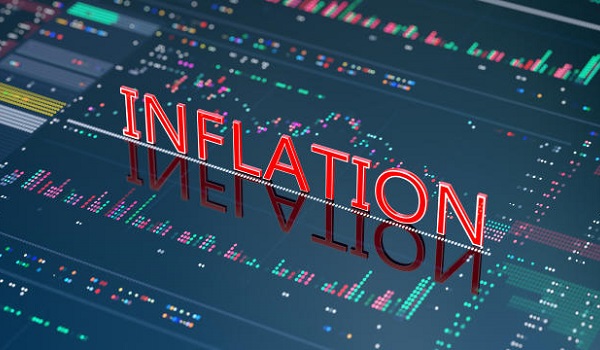Annual inflation rate ticks lower on GST holiday, with possible BoC rate cut ahead
Canada’s annual inflation rate ticked lower in December as the goods and services tax holiday took effect, keeping the Bank of Canada on track to lower interest rates next week as the country faces potential steep tariffs from the United States.
The Consumer Price Index rose 1.8 per cent in December from a year earlier, matching analyst expectations, Statistics Canada reported on Tuesday. It marked the fifth consecutive month that inflation has been at or below the Bank of Canada’s 2-per-cent target.
On a monthly basis, consumer prices fell 0.4 per cent in December. The CPI results were heavily influenced by the start of the two-month break on the GST and the harmonized sales tax on Dec. 14 for certain items, including restaurant meals, alcoholic beverages and children’s toys.
Economists and investors are leaning heavily toward another rate cut at the central bank’s Jan. 29 meeting. As of Tuesday afternoon, markets were pricing in an 82-per-cent chance that the bank will trim its benchmark interest rate – now at 3.25 per cent – by a quarter percentage point, according to LSEG data.
Rate cuts are less of a certainty this year. The bank said at its December rate announcement that it would be taking a more gradual approach to monetary policy easing going forward. The central bank has lowered its key interest rate at five consecutive meetings since last June, including oversized rate cuts of a half-percentage point at its two most recent decisions.
Financial analysts are expecting more cuts from the central bank this year, although there could be some pauses to assess macroeconomic conditions.
The outlook is complicated by the return of Donald Trump to the White House. Hours after his inauguration ceremony, the U.S. President said on Monday night that he could impose 25-per-cent tariffs on Canadian and Mexican products as soon as Feb. 1 – a comment that roiled currency and bond markets.
Steep tariffs would have a devastating effect on the Canadian economy and likely be met with a Canadian response such as retaliatory tariffs on imports of U.S. goods, which would raise prices for domestic consumers.
“We believe that the heavy overhang of trade uncertainty – possible U.S. tariffs – overrides almost all else,” Bank of Montreal chief economist Doug Porter said in a note to clients. “As a result, we suspect that today’s reading is just good enough to allow the Bank of Canada to trim [rates] next week, for risk management purposes.”
Statscan said in Tuesday’s report that roughly 10 per cent of the CPI basket was affected by the tax exemption, which runs until Feb. 15.
The federal Liberal government announced the GST/HST holiday in December as it faced a protracted slump in public opinion polls. Many economists have panned the move as a political gimmick that worsens country’s fiscal standing.
The reprieve had a noticeable effect on inflation. Prices for food purchased at restaurants fell by 4.5 per cent in December from November, the largest monthly decline on record. Prices for alcoholic beverages purchased from stores fell 4.1 per cent in a single month.
The annual inflation rate is widely expected to fall further in January, because the tax break will apply to the full month, rather than just 18 days in December.
“Canada’s inflation data is only going to get harder to dissect in January,” Andrew Grantham, senior economist at CIBC Capital Markets, wrote to clients.
Still, several analysts flagged their concerns with the short-term trend for price growth. The Bank of Canada’s preferred measures of core inflation – which strip out volatile movements in the CPI – grew 3.4 per cent and 3.7 per cent, respectively, on a three-month annualized basis. Those measures have been heating up of late.
“The recent reacceleration in core price growth, if sustained, could prompt central bankers to hold rates in March,” Tiago Figueiredo, a macro strategist at Desjardins Securities, said in a research note. “Of course, U.S. trade policy will be more important to the path of rates than any wiggles in the inflation data.”
The prospect of a trade skirmish with the U.S. presents a challenging environment for central bankers.
If Canada brought in retaliatory tariffs against the U.S., that could lead to a price shock that would usually precede an increase in interest rates. However, Canada faces the risk of recession in a trade war, so the central bank may need to lower borrowing costs to stimulate an ailing economy.
The Bank of Canada will update its economic projections alongside next week’s rate decision.
This article was first reported by The Globe and Mail













